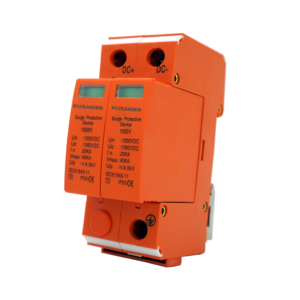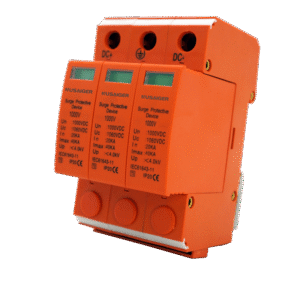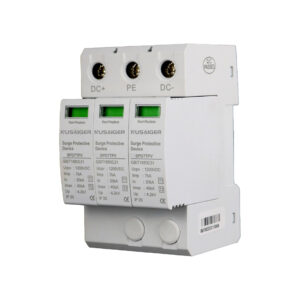How PV Combiner Boxes Enhance String Monitoring in Large-Scale Solar Farms
As the scale of solar energy systems grows, monitoring becomes increasingly critical to ensure performance and minimize downtime. PV combiner boxes play a central role in enabling effective string-level monitoring in utility-scale solar farms.
The Need for String-Level Monitoring
In large photovoltaic (PV) arrays, a failure in one string can affect overall output. Without real-time visibility, it becomes difficult to detect underperforming strings. This is where combiner boxes with built-in monitoring features become vital.
Integrated Monitoring Features
Modern PV combiner boxes are equipped with current sensors and voltage monitoring for each input string. This allows operators to quickly identify faults such as ground faults, open circuits, or shading issues on specific strings.
Data Communication & SCADA Integration
Advanced combiner boxes can transmit data via RS485 or Modbus protocols, making it easy to integrate with SCADA systems or remote monitoring platforms. This ensures operators can access real-time data from anywhere.
Benefits for Operations and Maintenance
- Faster troubleshooting
- Reduced system downtime
- Improved energy yield
- Lower maintenance costs
Conclusion
PV combiner boxes are more than just junction points; they are intelligent devices that empower better visibility and control in solar farms. For large-scale solar projects, investing in smart combiner boxes significantly improves operational efficiency.



